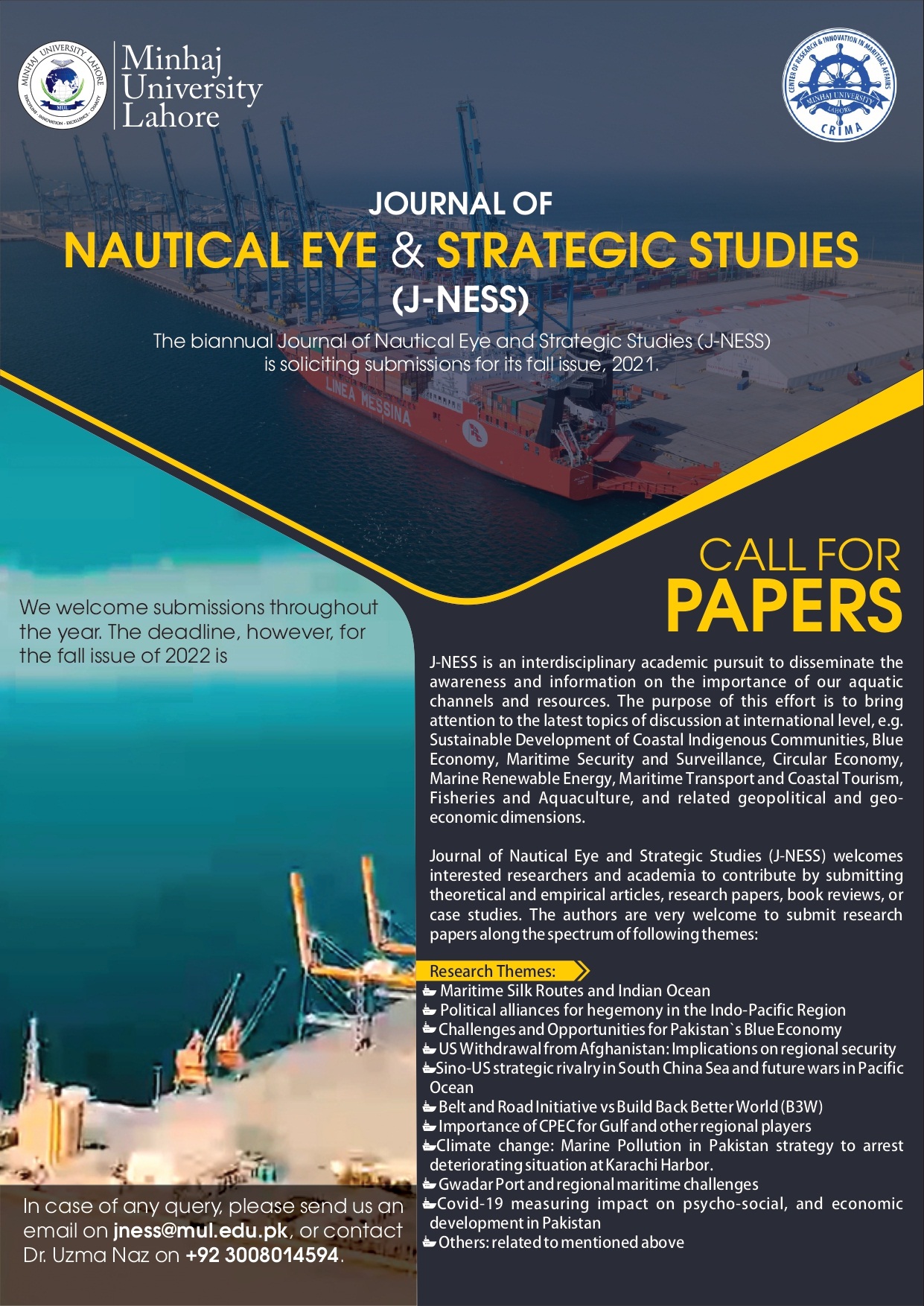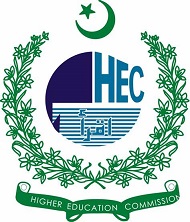The U.S- Israel Relations during Bush's Administrations and its Impact on the Middle East
Keywords:
Zionism, Middle East, Mutual Interests, Foreign PolicyAbstract
Israel aspires to have a significant impact on US policy, and the United States frequently regards it as a client. The United States and Israel may benefit from each other's resources. In some ways, Israeli activities resemble Western pleasures. U.S. Mideast policy is influenced by the dispute between Western and Bedouin states and the Israeli-Palestinian conflict. United States' support for Zionism has remained steadfast since the 1920s. Ancient religious precepts developed into something helpful at the beginning of the 20th century for Palestinians, making Jewish sovereignty an inseparable part of their culture and history. There seems to be a consensus among American officials that the formation of Israel fulfills an ancient prophecy from the Bible. Since World War II, Russia and the United States have engaged in proxy conflicts in the Middle East. As a result of Cold War-era alliances and collaboration, the war was influenced. On Yom Kippur, the United States aided Israel in its struggle against Syria and Egypt. US-Israel relations are centered on the protection of Israel and the safeguarding of critical US interests in Middle Eastern countries. Political changes have been put on hold due to the region's safety concerns. Hostile Western violence has become the region's major cause of misery as a required counteraction in the area. When the United States calls for constraints on Israel's policy toward its neighbors, Israel reacts.
Downloads
Published
How to Cite
Issue
Section
License

This work is licensed under a Creative Commons Attribution-NonCommercial 4.0 International License.











